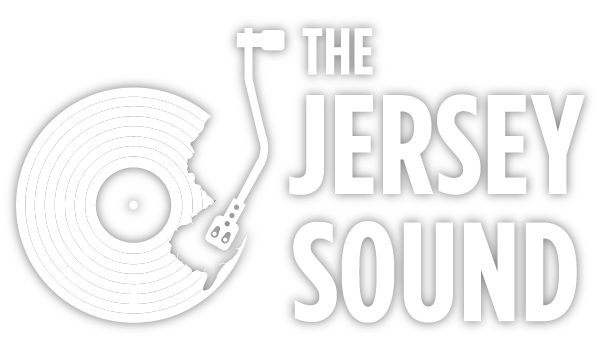‘The Fall Of America: Journals,’ by Allen Ginsberg
The Fall Of America: Journals (2020)
by Allen Ginsberg
(University of Minnesota Press)
In 1974, Newark poet Allen Ginsberg [1926-1997] had his groundbreaking The Fall of America: Poems of These States 1965-1971 published by City Lights Bookstore. It went on to win the annual U.S. National Book Award (Poetry). Influenced by England’s William Blake [1757-1827] and America’s Walt Whitman [1819-1892], it condemned his country’s Vietnam boondoggle and the police riots at the 1968 Democratic Convention in Chicago. He wrote about Cuban revolutionary Che Guevara [1928-1967] and mourned the loss of his good friend Neal Cassidy (the protagonist of Jack Kerouac’s On The Road). The poet had originally recited these poems into a reel-to-reel tape recorder given to him by Bob Dylan.
In 2020, Michael Schumaker, who previously chronicled the rise of beat culture (precursor to hippie culture), transcribed, edited and annotated those original tapes for the University of Minnesota Press so that The Fall Of America: Journals could bring to light Ginsberg’s comments, reflections, dreams and reactions to his own poetry. There are insights found nowhere else on just how he was feeling during the turbulent 1960s and what led him to continue being a cultural icon into the 1990s. He even comments on the death of Kerouac, sadly realizing that, unlike himself, Kerouac was never able to make the transition from beatnik hero to hippie hero, despite the fact that a whole generation was waiting to lionize him as the literary giant he truly was. Instead, Kerouac wasted his final years sitting on his mother’s Massachusetts porch getting drunk every day and muttering obsessively about nothing and everything. Ginsberg, in these pages, is philosophical about his sexuality, his intake of drugs, the Civil Rights movement and the emergence of the counter-culture. Each poem—both reprinted here and new—are prisms of who we are as Americans and what we hold dear.
(Advertisement)

